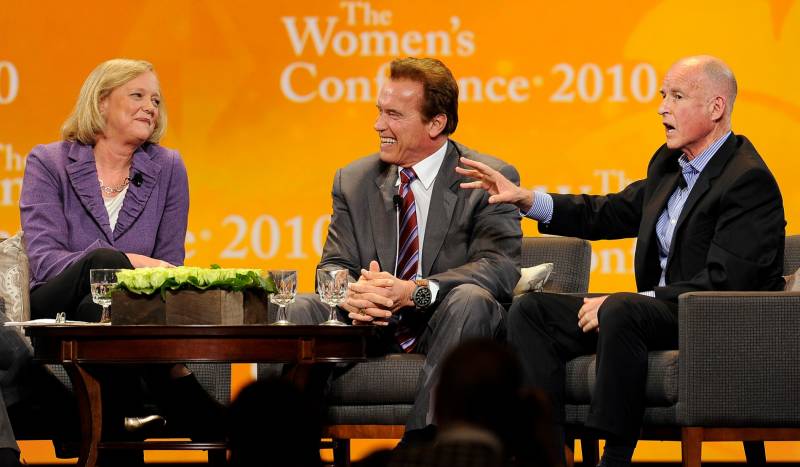There’s an old saying in politics that “you can’t beat somebody with nobody.” And at the statewide level, Republican candidates in California have pretty much been “nobodies” ... at least nobody who can win.
"There hasn't been a full-on competitive Republican candidate in California in a decade since Meg Whitman ran for governor," said Republican campaign consultant Rob Stutzman, harkening back to 2010 when the former eBay CEO challenged Jerry Brown before losing the governor’s race by 13 points.
Despite mixed results at the ballot box in November, Republicans such as Stutzman sense growing disenchantment with Gov. Gavin Newsom and some of the ideas promoted by Democrats as an opportunity they haven't had in more than a decade.
Stutzman says the current political environment, stoked by the governor’s uneven handling of the pandemic, opens the door for a Republican return to relevance. "Newsom has provided a real rallying point, organizational point for Republicans that they never had during the Jerry Brown years," he says.
To be sure, Newsom was dealt a much tougher hand than Gov. Brown. He didn’t cause the pandemic. But his handling of it — compounded by the massive failure of the state’s unemployment agency under his watch — has generated anger even among some people who voted for him.

